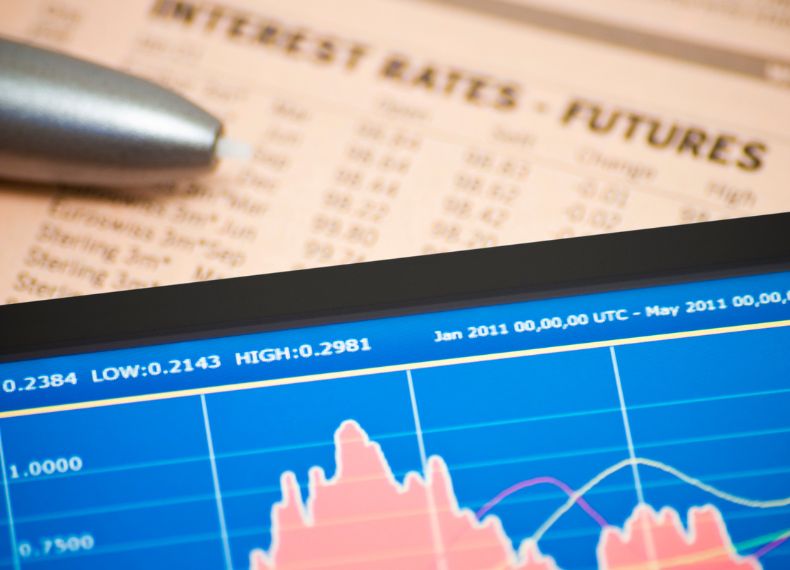As Australia’s economy transitions away from the mining boom, an increased focus is being placed on alternative markets that can provide growth and stability. This article will explore future markets and how they operate in Australia. Specifically, we will look at three key areas: agribusiness, technology, and tourism. We will also discuss the benefits these markets can offer businesses and investors who participate in futures trading. So, if you’re looking for new opportunities to grow your business or portfolio, read on.

What are future markets, and what do they involve in Australia specifically?
Future markets are expected to experience significant growth in the coming years. It may be due to various factors, such as demographic changes, technological advancement or simply an undersupply of existing products and services.
In Australia, future markets are often tied to our natural advantages. For example, we have some of the best agricultural lands in the world and are also home to many cutting-edge technology companies. As such, agribusiness and tech are two key areas that offer significant potential for growth.
A bit more on the critical future markets in Australia
As mentioned, some of the critical future markets in Australia include agribusiness, technology and tourism.
The agribusiness sector is expected to experience strong growth in the coming years due to the rising global demand for food. It is especially true for high-quality products like those produced in Australia. The sector also benefits from increased investment from domestic and foreign investors.
The technology sector is also experiencing strong growth, driven by the increasing adoption of new technologies, such as artificial intelligence and the internet of things. It results in increased demand for various tech-related products and services.
Finally, the tourism sector is expected to continue growing in popularity due to Australia’s diverse landscape and attractions. It is particularly true for adventure tourism, which is becoming increasingly popular with domestic and international travellers.
How do futures contracts work?
To understand how future markets work, it’s first essential to understand a futures contract. A futures contract is an agreement between two parties to buy or sell an asset at a predetermined price later. Futures contracts are typically used for commodities, such as agricultural products or metals, but they can also be used for financial instruments, such as currency pairs or stock indexes.
The critical thing to remember about futures contracts is that they are not obligations to buy or sell the underlying asset. Instead, they are speculating about the future price of that asset. It means there is always the potential for profit or loss when trading futures contracts.
What are some of the benefits of trading futures contracts?
Many benefits can be gained from trading futures contracts. Firstly, it allows investors to speculate on an asset’s future price without actually purchasing the underlying asset. It can be helpful for those who do not have the capital to invest in the underlying asset or those who want to hedge their existing investments.
Another benefit of futures contracts is that they provide access to a wide range of markets. For example, a farmer may not be able to sell their crops directly to a foreign buyer, but they could do so through a futures contract. It provides greater flexibility and opportunities for both buyers and sellers.
Finally, futures contracts can help to reduce risk. It is because they allow investors to lock in a price for an asset, regardless of what happens in the market. It can be helpful for hedging purposes or reduce exposure to volatile markets.
What are some of the risks of trading futures contracts?
As with any investment, risks are always involved when trading futures contracts. The most important thing to remember is that prices can hurry without warning, and this means that investors can lose money just as quickly as they can make it.
Another risk to consider is counterparty risk. It is the risk that the other party to a contract will default on their obligations. It can be mitigated by only dealing with reputable counterparties, but it’s still something to be aware of.
Finally, it’s important to remember that futures contracts are not suitable for everyone, and they can be complex and require a certain level of understanding to trade them effectively. As such, speaking to a financial advisor before entering into any contract is crucial.